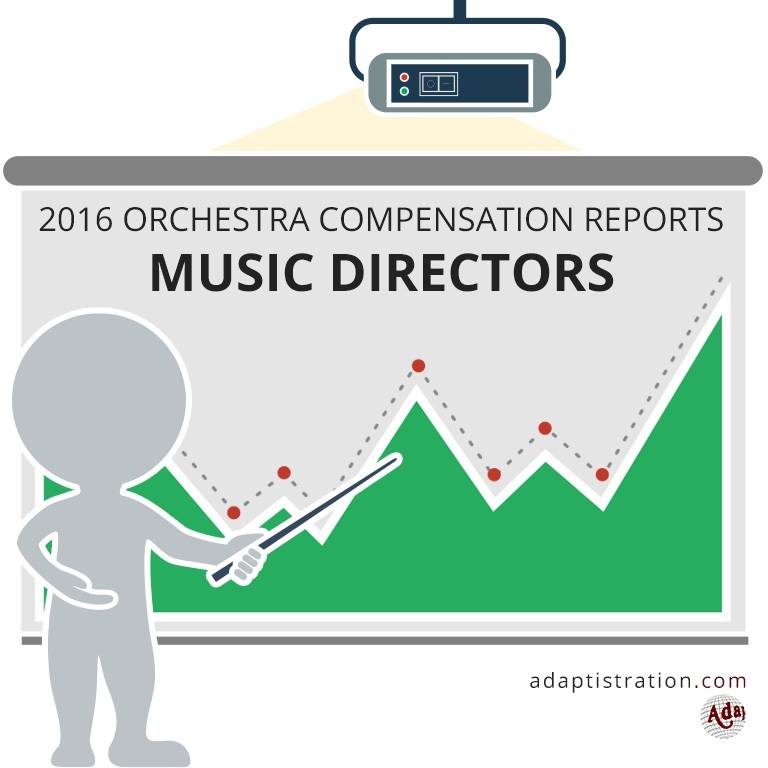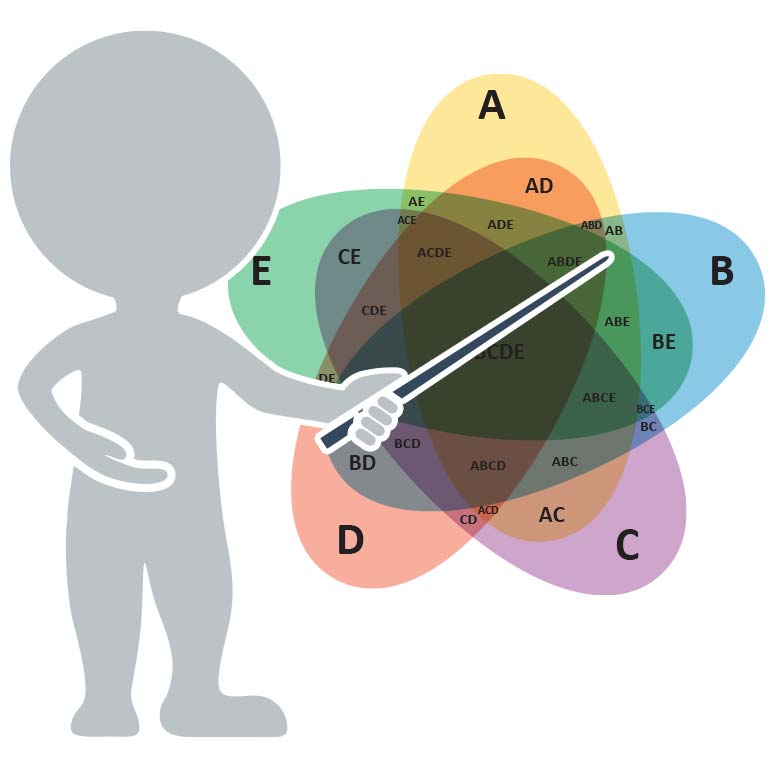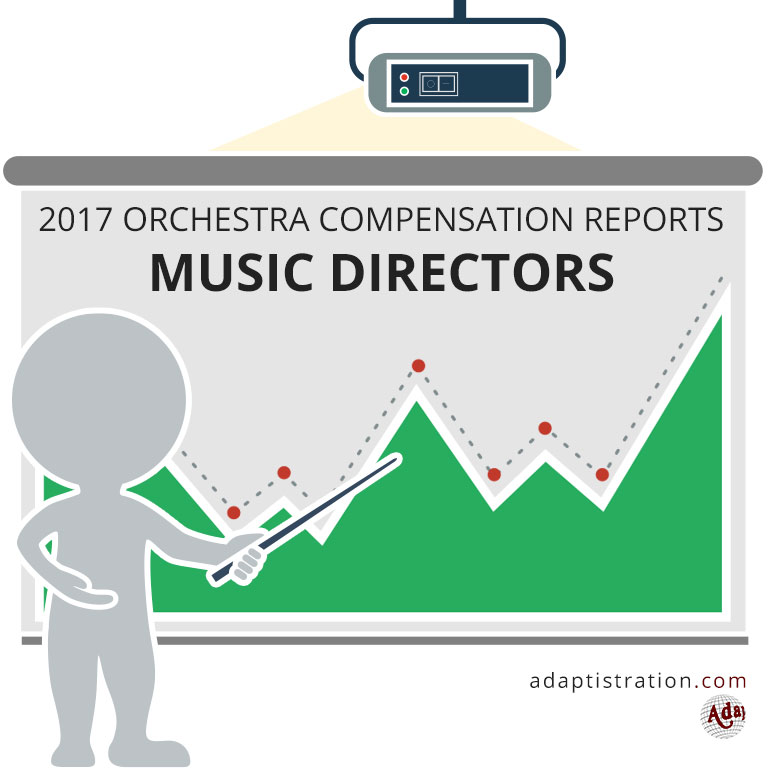Today’s blog is really more of an exercise in reader participation. I’m currently putting together some criteria that will help develop a “self-enabling” web page for classical music patrons. I’m looking for suggestions from readers, both classical music insiders and outsiders, about what should be included. But I can feel you wanting to ask: “what exactly are we trying to enable?” Good question. First we need to define our use of the term enable, and then we can begin to answer that question. To begin with, I’ll borrow a wonderful definition by
Stirling defines “enabling” as a process by which outsiders learn to become insiders. For our purpose, we will achieve this transformation by:
- Establishing a uniform frame of reference regarding the structure of a typical orchestra
- Helping individuals learn how the orchestra industry works
- Discover how to communicate with an orchestra
- Teach individuals how to organize
Regarding the first two points, I have already written several extensive essays for Adaptistration readers, which you can find under the Orchestra Leadership heading in the column to your right. This will provide many readers with the organizational structure and key participants in most orchestras. Additionally, I have started to create a glossary of common nomenclature used throughout the industry. If you don’t understand the severity of the phrase: “The Louisville local was upset over management’s insistence to renegotiate the master agreement mid term”, then a quick trip to the glossary will help you translate it in a flash.
The remaining points are where I need your help. What type of information do you think you will need? Granted, it’s tough to know what you may need if you don’t even know what’s out there. But we have to begin somewhere and I’m certain this will be an ever-evolving project, so it isn’t as though this will be the end-all discussion about the matter. However, here are some examples from suggestions I’ve received so far:
- Frank in Alexandria suggests an edited, open classical music web site where people can respond to blogs, ask questions to a variety of industry insiders, as well as share their experiences and opinions. He also suggests having an easy to navigate linking structure to many of the industry’s reports, information, and insider dialog.
- Stirling Newberry suggests getting people to understand how an orchestra makes choices regarding scheduling and programming. He also advocates creating communication between patrons and those who run an orchestra. Teaching patrons how to talk to the insiders at their local orchestra – how to write an effective letter, whom to talk to, what the concerns are is crucial to effective communication. Essentially, he feels that people need to know “how to get involved”. Stirling also has the excellent idea that patrons should be able to learn what the life of a musician is like as well as how managers and music directors are selected. Additionally, patrons should be able to learn how public funding works and how an orchestra develops its budget.
So why go to all of this trouble? Because regardless of how much good or bad news is reported about the classical music industry, the fact is it’s slowly dying. The next 20 years will see either great expansion regarding artistic quality and community involvement -or- the majority of orchestras will gradually bleed to death as their existing patron demographic begins to fade into history. Given the course many orchestras currently follow, I fear the latter prediction is most likely.
Allow me to wax philosophic for a moment and tell you that I am a musician because I have a love and talent for this art form. My goal is not to merely reach my own personal level of artistic excellence, but to make this remarkable world of orchestral music available to anyone that wishes to take an interest – regardless of their social or economic status.
Orchestral music is not reserved for just the rich, white segment of America; rather, it’s intended for everyone. But we need to learn how to participate and treasure an orchestra. The brighter and better the world around concerts are, the more people become attracted, the more they meet new individuals to connect with, and the more they like themselves. By becoming involved in your orchestra you can create a healthy organization and a sense of sincere ownership.
I invite you, the reader, to share your ideas about how a self-enabling web site can help achieve this goal. In the end, patrons need to feel that the success of their orchestra is because of their involvement, and therefore, the orchestra’s success is also their success. So send me an email and tell me what you think.


